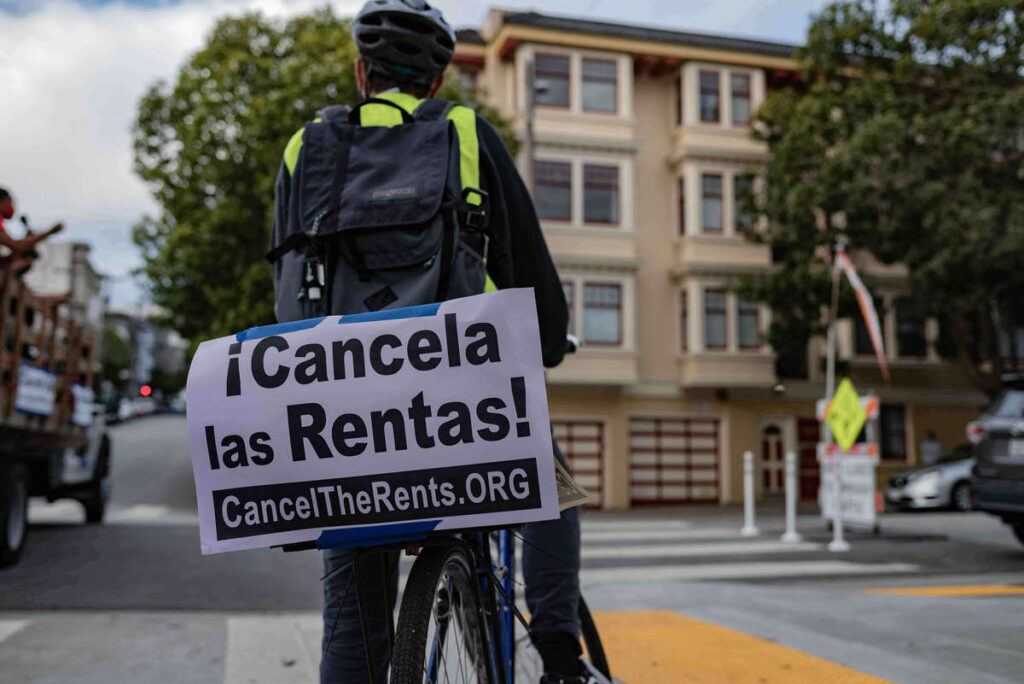
Cristian Carlos. Peninsula 360 Press [P360P].
In recent years, the housing problem has increased throughout the state of California, especially in its downtown and residential areas. Finding affordable housing is now a mission impossible due to the economic effects of the COVID-19 pandemic, coupled with the phenomenon of undocumented migrant residents who are unable to find government housing assistance.
In addition, the issue of delinquency among renters is growing; individuals or families who live in rented housing are now unable to pay the high and increasing rents and, therefore, face the ever-present possibility of receiving an eviction notice if they do not pay the amount set by the landlord of the property. The possibility of continuing to pay rent in the current context suggests the possibility that many people may end up migrating from the communities where they feel identified, which often breaks the pattern of lifestyles.
Ethnic Media Services, therefore, convened a briefing with experts to address the major issues facing the California state government in addressing the pressing needs of low-income families and individuals in obtaining affordable, decent housing and, where appropriate, support for tenants in obtaining, including rent remissions.
Tina Rosales of the Western Center on Law & Poverty called for more investment in fair housing organizations in the community, and noted the importance of increasing availability of "mainstream solutions and services for the homeless. "It's important, too, to have government support for rental assistance," he added.
Francisco Dueñas, executive director of Housing Now, indicated that there are at least 730,000 homes in rent arrears, totaling 3 billion dollars in debt in the state of California, with an average of 4,400 dollars per rental property. Alarmingly, he indicated that 8 out of 10 renters in arrears lost their jobs due to the effects of the COVID-19 pandemic, according to data from the National Equity Atlas.
Homelessness, Dueñas pointed out, causes emotional health problems in 83 percent of the cases; in addition, 78 percent of households with housing problems have suffered from COVID-19 in one of their members.
Sara Kimberlin, of the California Budget and Policy Center, said that the COVID-19 pandemic only brought to light a problem that existed prior to the health emergency; however, she points out that the housing problem in California is a structural problem. He emphasized that the information provided by Francisco Dueñas will serve to make known "what are the long-term governmental solutions" that can make a difference in contrast to the current situation.
Currently, said Sara Kimberlin, there are "57 proposals that could generate a great change in terms of new housing policies" in California in the long term, including solutions for homeless people. "Within this crisis, there are great opportunities that need the support of different sectors of the population".


